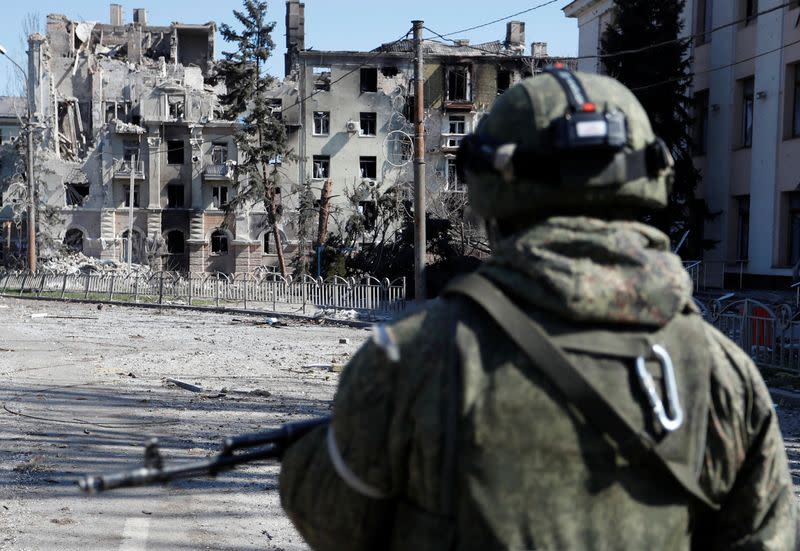Ramadan in the US
“Some Muslim children are asking if they can change their names to something more American-sounding,” Mujahid told AFP.
“Muslim men are shaving their beards. Some women have abandoned the hijab,” he added.
Defiance
In others, a more hostile environment in the US toward Islam, has led them to more openly celebrate their faith.
Janaan Hashin has chosen to celebrate and defend her faith. She had planned on specialising in medical malpractice law when she first started law school.
In an about turn, as the US government launched a post-September 11 crackdown on Muslim charities and arrested and detained hundreds of potential “terror” suspects, she is mulling the pursuit of a career in constitutional or civil rights law.
“I never thought about it before. I took my civil rights for granted, but all of this has pointed me in a different direction,” the 36-year-old mother of three said.
Platform of pride
The Patriot Act, enacted weeks after the 2001 attacks, granted US law enforcement agents sweeping new surveillance powers, including the right to rifle through emails and track books withdrawn from public libraries.
Over the past couple of years, Mujahid has used his platform as a religious leader to urge his fellow Muslims to speak up and defend their rightful place in American society.
“Many Muslims want to lie low. But I see Ramadan as an opportunity to relate to American society on a different level,” Mujahid said.


